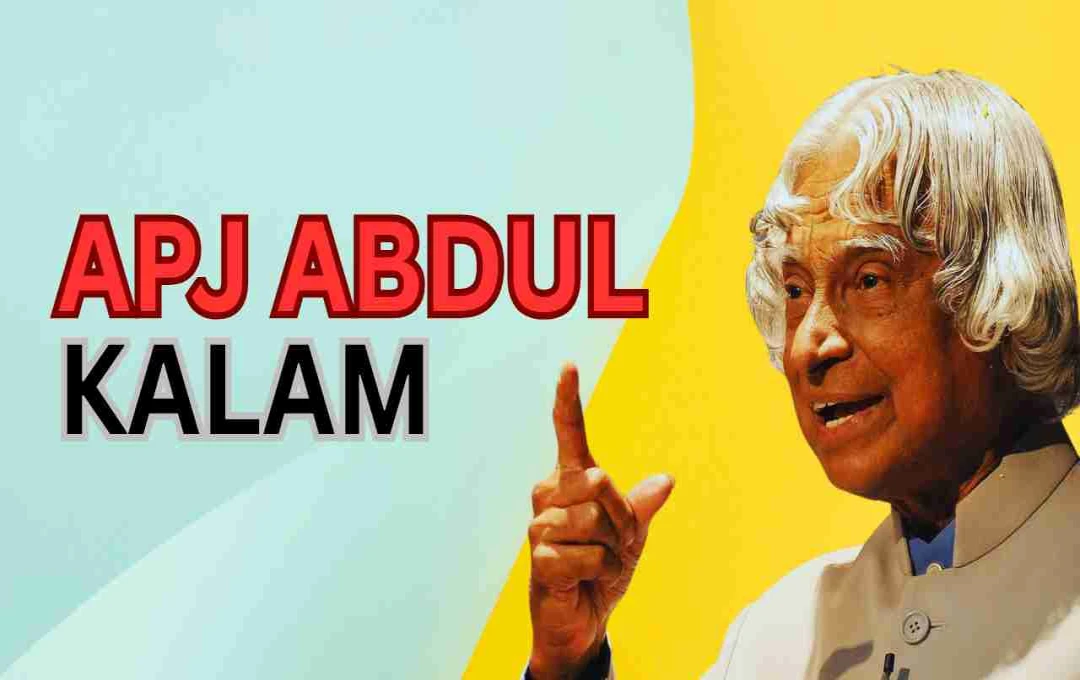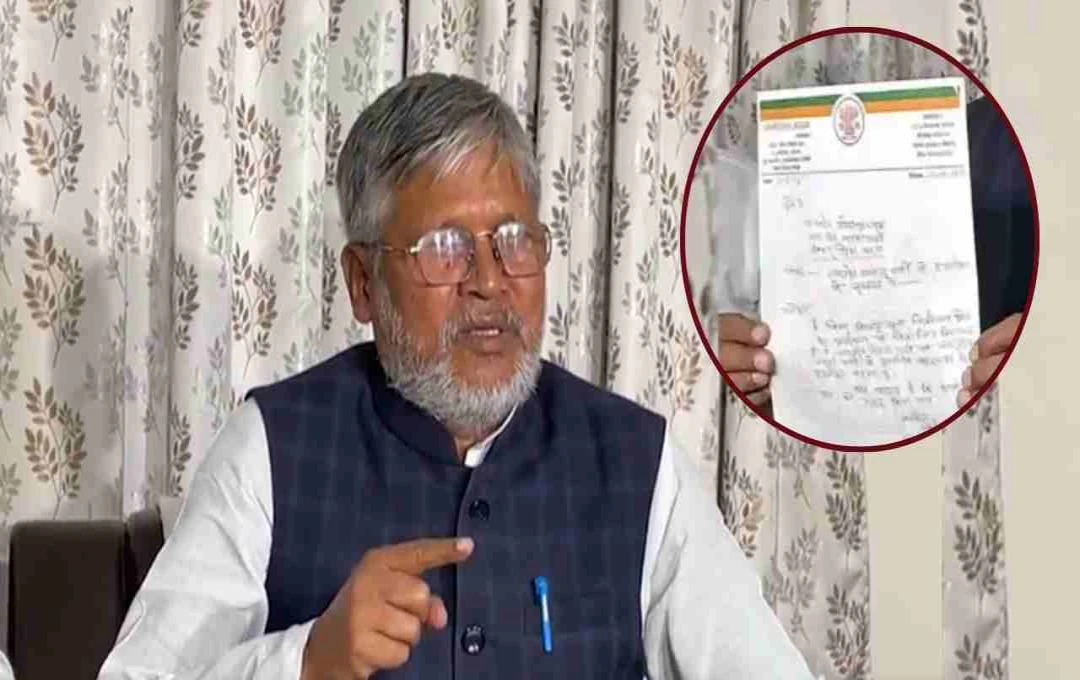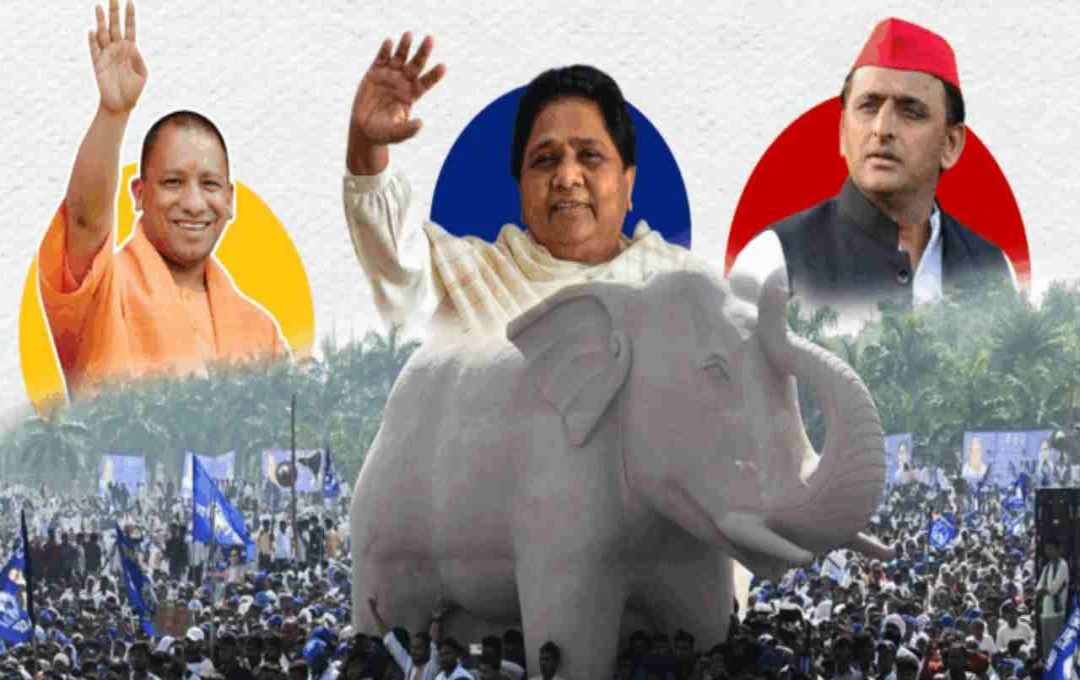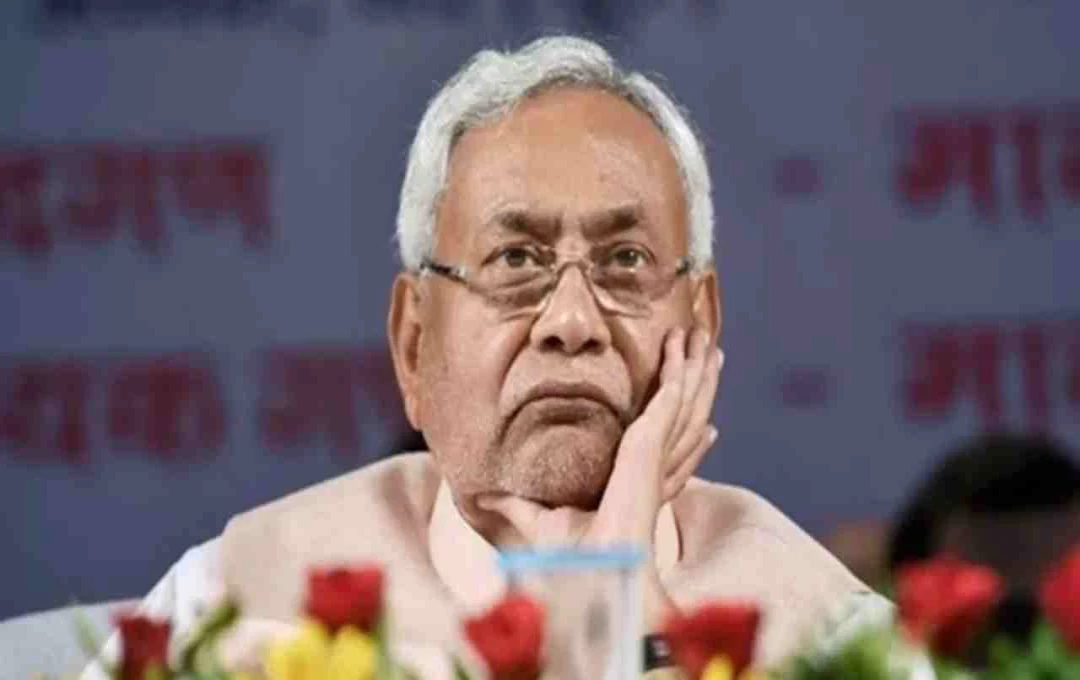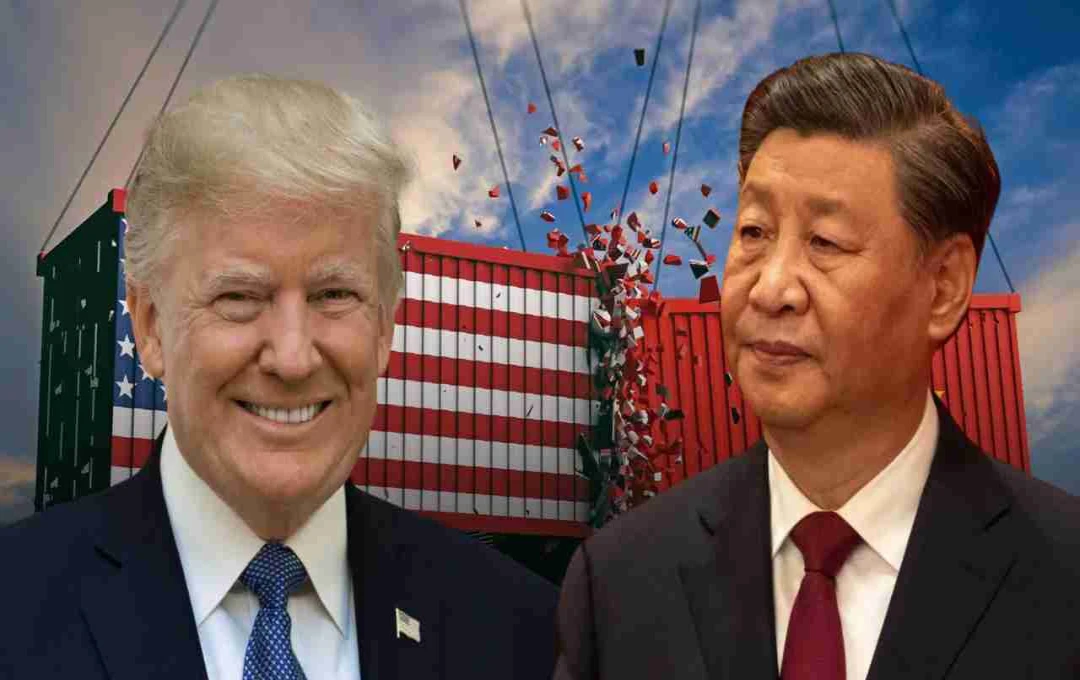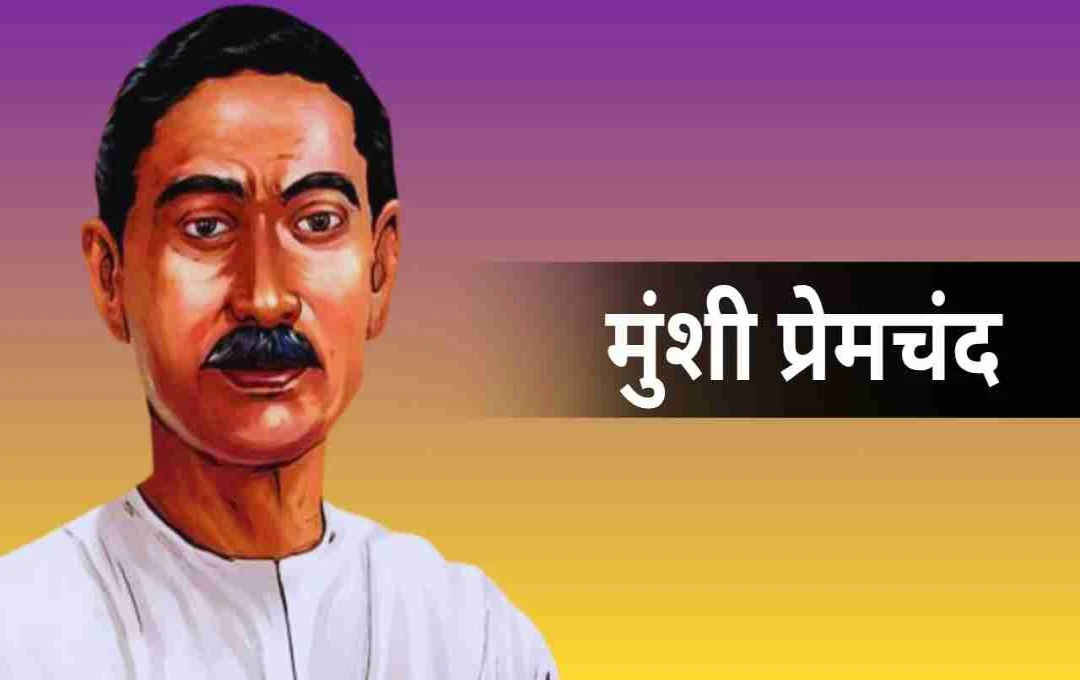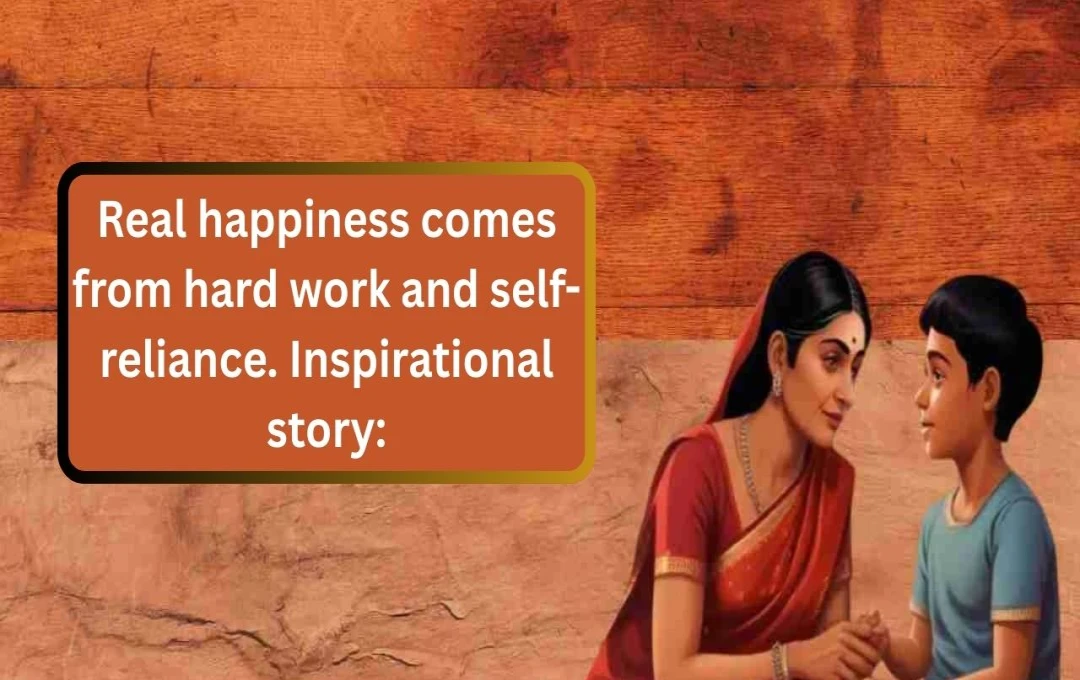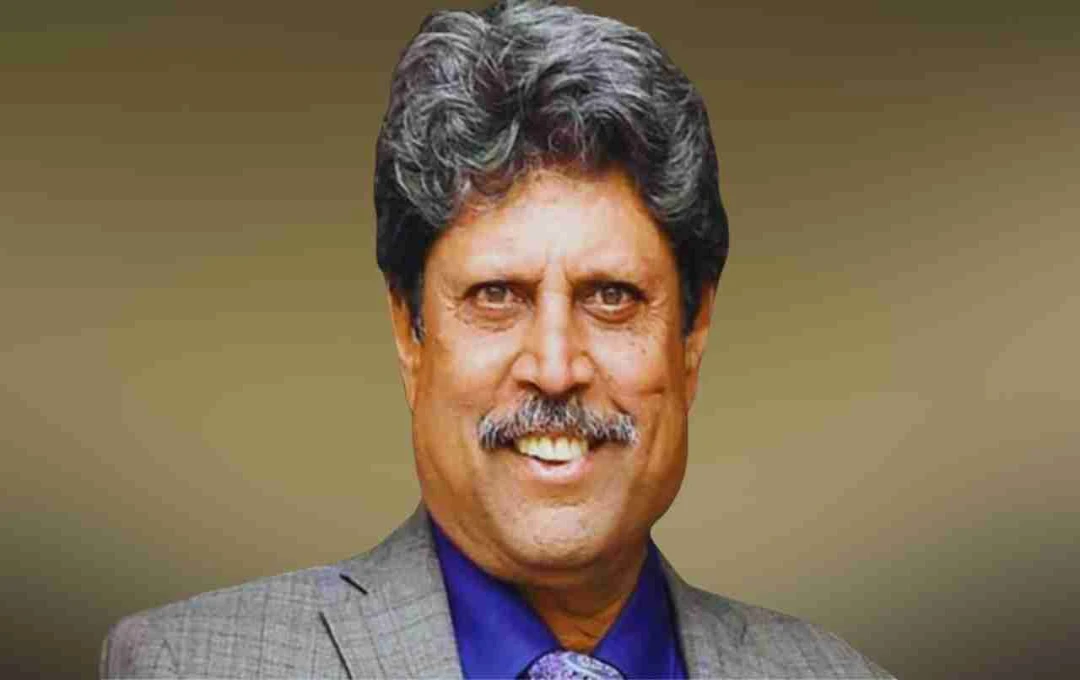If ever an individual truly embodied the title 'People's President' in India, it was Dr. A.P.J. Abdul Kalam. This great personality, a symbol of science, education, simplicity, national service, and inspiration, set an example for every Indian, one that continues to inspire pride and motivation.
Early Life: Challenges and Unwavering Determination
Born on October 15, 1931, in the small village of Dhanushkodi, Rameswaram, Tamil Nadu, into a humble Muslim family, Abdul Kalam's childhood was marked by financial hardship. His father rented out boats to fishermen. Growing up in a joint family, Kalam witnessed and embraced responsibilities from a young age.
He delivered newspapers as a child to support his studies. Yet, amidst the difficulties, his dream remained clear – to achieve something significant. The inspiring words of his teachers and father ignited the scientist within him.
Education and the Flight of Science
Abdul Kalam studied aerospace engineering at the Madras Institute of Technology. This marked the turning point where he embarked on his ambitious journey. In 1962, he joined ISRO (Indian Space Research Organisation) and played a crucial role in the development of India's first indigenous satellite launch vehicle, SLV-3.
Later, at DRDO (Defence Research and Development Organisation), under the ‘Missile Development Programme’, he developed missiles like Agni and Prithvi, establishing India as a b defence power on the world map. These achievements earned him the title 'Missile Man of India'.
Pokhran Tests and the Foundation of Nuclear India
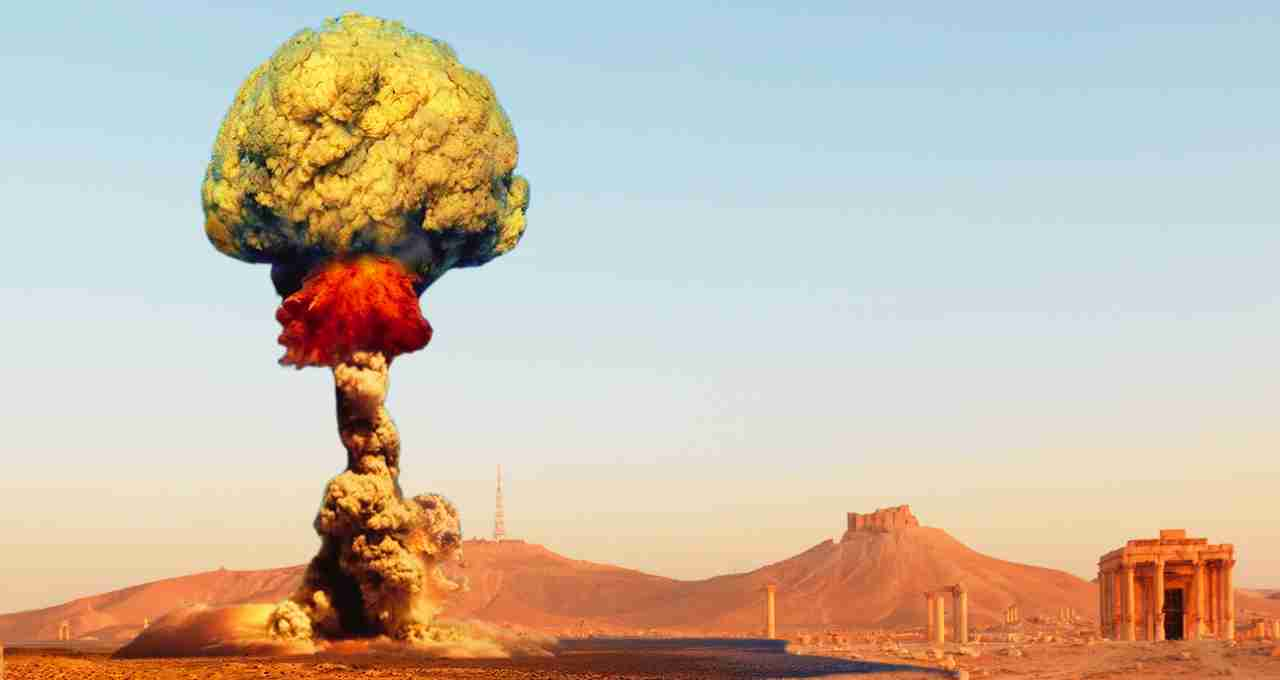
In 1998, Dr. A.P.J. Abdul Kalam played a pivotal role in India's second nuclear test at Pokhran. This test made India a self-reliant nuclear power. Dr. Kalam led the team of scientists who achieved this historic feat. This test was not only a significant technical victory for India but also established India's strength and scientific capabilities on the global stage. The nation remains eternally grateful for his immense contribution.
Presidency: The President Who Ruled the Hearts of the People
In 2002, Abdul Kalam became India's 11th President. He received unanimous support from the Bharatiya Janata Party and opposition parties, reflecting his immense popularity and respect. His tenure was completely dedicated to the people. He was the first President to keep the Rashtrapati Bhavan open to students, youth, and the general public.
Whenever he interacted with young people, he inspired them to dream and achieve their aspirations. He believed, "Dreams are not what you see in sleep, dreams are the things which do not let you sleep."
A Life Dedicated to Education
After leaving the presidency, he dedicated himself to teaching. He served as a visiting professor at several institutions across the country, inspiring children with science, patriotism, and moral values. He authored inspiring books like 'India 2020' and 'Wings of Fire,' which remain immensely popular among young people.
Service Until His Last Breath
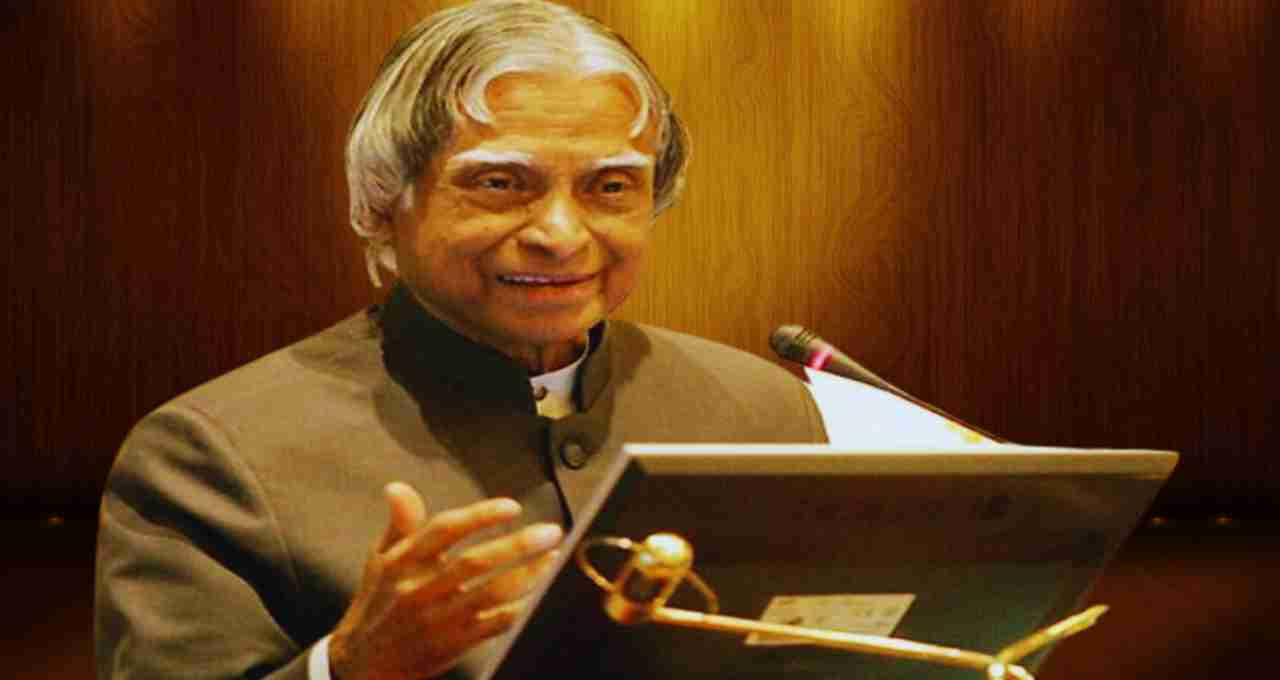
On July 27, 2015, while lecturing students in Shillong, Dr. Kalam suffered a heart attack and passed away. He continued to spread education and inspiration until his last moment. His death stunned the entire nation, and the Indian government declared seven days of national mourning.
An Inspiration, An Ideal
Dr. Kalam transcended religious boundaries and believed in humanity. He read both the Quran and the Bhagavad Gita, was a follower of Thirukkural, and a lover of South Indian music. His life exemplifies simplicity, service, and dedication.
Dr. A.P.J. Abdul Kalam was not merely a scientist, teacher, or president; he was an inspiration who ignited self-belief in Indian youth. He left behind a legacy of belief: those who dare to dream and strive to achieve their dreams never fail.
